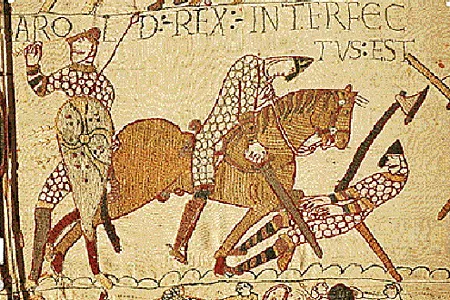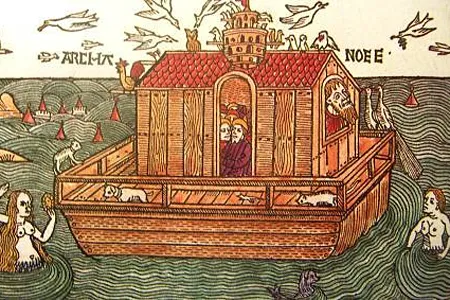Why Are We Afraid of Friday the 13th?
The superstition surrounding Friday the 13th is a unique phenomenon. Unlike many folk beliefs, it has a relatively clear origin story. While the fear might feel ancient, its roots are surprisingly modern. Some estimate that the U.S. economy loses around $1 billion on Friday the 13th due to people avoiding travel and business. Could this be the day a meteor strikes, ending all life on Earth?

It wasn’t October 13, 1066, the day King Harold II of England met his end at the Battle of Hastings. Nor was it October 13, 1307, the apocryphal date of the Templar Knights’ arrest, popularized by Katherine Kurtz and later Dan Brown. The modern “Friday the 13th” superstition emerged in 1907 with Thomas W. Lawson’s novel of the same name.
The Rise of a Superstition
Lawson’s novel wasn’t the cause of the superstition, but rather a reflection of it. By the early 20th century, a general unease surrounding Friday the 13th was already present in Western culture. The earliest documented mention of the unlucky day appears in a biography of composer Gioachino Rossini from 1869, noting his death on Friday, November 13th.
Before the 19th century, the number 13 and Friday were considered unlucky separately. The association of thirteen with misfortune dates back to the Last Supper, where thirteen individuals were present. In Tarot, the 13th card represents Death. Medieval folklore held that covens consisted of twelve witches, with the Devil appearing as the thirteenth member.

Friday’s negative connotations are also ancient. Biblical interpretations link Friday to the Great Flood, the expulsion of Adam and Eve from Paradise, the Tower of Babel’s collapse, and Cain’s murder of Abel.
The Modern Friday Fear
The concept of Friday as an unlucky day gained traction in Europe around the 15th and 16th centuries. By the 19th century, it had evolved into a widespread superstition. People avoided being born, marrying, traveling, harvesting, sewing, moving, or starting new jobs on Fridays. Even recovering from illness on a Friday was seen as a bad omen.
Beyond religious reasons, the rise of the five-day workweek contributed to Friday’s negative image. It became seen as a “dead day,” when starting anything new was risky due to fatigue. Studies have shown a higher incidence of accidents and technological failures on Fridays. The “British Medical Journal” reported a 52% increase in hospital admissions on Fridays. The economic impact of Friday the 13th is significant, with estimated losses of $1 billion in the U.S. due to people avoiding activities.

The “Friday the 13th” syndrome originated in 19th-century English-speaking countries, coinciding with the Industrial Revolution. Countries with less industrial development were less likely to share the superstition.
Global Superstition
Globalisation spreads the superstition, and the asteroid 2004MN4 might strike Earth on Friday, April 13, 2029. The sum of the last four digits of the year is thirteen.